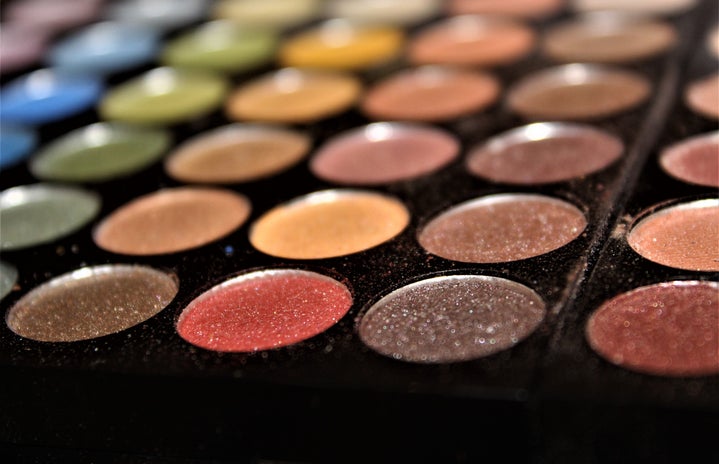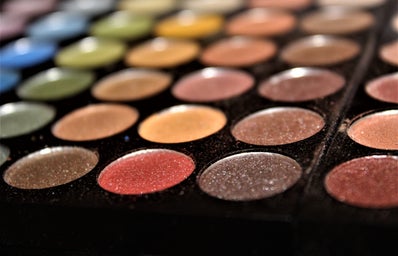There are many ways to stay healthy, from taking care of your mental health to maintaining a fulfilling social life. But as September winds to a close, and with it, our coverage on Healthy Aging Month, we wanted to also look at ways to dote on our largest organ: our skin!
We spoke with Carolyn I. Jacob, M.D. from Chicago Cosmetic Surgery and Dermatology. After training at Harvard, Dr. Jacob has gone on to become an associate clinical instructor at Northwestern and she has founded and become the medical director of CCSD. She spoke to us about the importance of taking care of our skin as early as possible, as well as some tips on how to achieve that.
Dr. Jacob gives a patient a consultation; photo from Chicago Cosmetic Surgery and Dermatology
What does it mean for our skin to age in a healthy manner?
“Collagen and elastic tissue are the building blocks of the skin, and in between are substances which provide hydration and regeneration of cells – these are called Glycosaminoglycans, the most abundant of which is hyaluronic acid, and the most active of which is Heparan sulfate. We need to maintain the health of these to maintain healthy skin. You start to lose 1% of collagen per year at age 20, but other factors can rev that up – such as sun exposure, pollution, smoking and other toxins.”
What are some ways that college students can age in a healthy and feasible manner?
“Wear sunscreen with an SPF 30 or higher every day, rain or shine! UVA rays can penetrate windows and clouds, so on long walks to the classrooms on campus, you get a lot of UV exposure which can damage the skin. Play sports before 10am or after 4pm to avoid the strongest sun rays of the day. Do NOT use tanning beds, they are almost all UVA which penetrates deeper than UVB and causes more damage. Also, you are what you eat! Eat a diet healthy in fruits and vegetables (raw is best), with omega 3’s (walnuts, wild salmon), and drink plenty of water. Avoid sugary foods, fast foods, soda, and processed foods.”
Why is this an important topic to discuss?
“Because skin cancer (melanoma, the deadliest form) is the number 2 cause of cancer death in women ages 19-27! 1 in 67 americans will develop melanoma in their lifetime. Most cases are due to sun exposure, but family history of melanoma can play an additional role.”
What happens when we do not practice healthy aging?
“Skin becomes yellow, sallow, sagging, and wrinkled. Skin cancers can develop which require surgical excision, scarring and even death.”
What are some things to avoid when it comes to aging (such as sun exposure)?
“Sun, tanning booths, smoking, pollution, a bad diet of processed foods and too much refined sugar.”
What are some common misconceptions and mistakes that students make?
“That they are young and invincible! We just had a 29 year old pass away from a melanoma diagnosed at age 27. No one should have to suffer from skin cancer! You also do not need a “base tan” before you go vacation somewhere sunny. Get a spray tan and wear tons of tinted sunscreen (they have some stick SPFs in gold which give a beautiful glimmer to the skin too!).”


